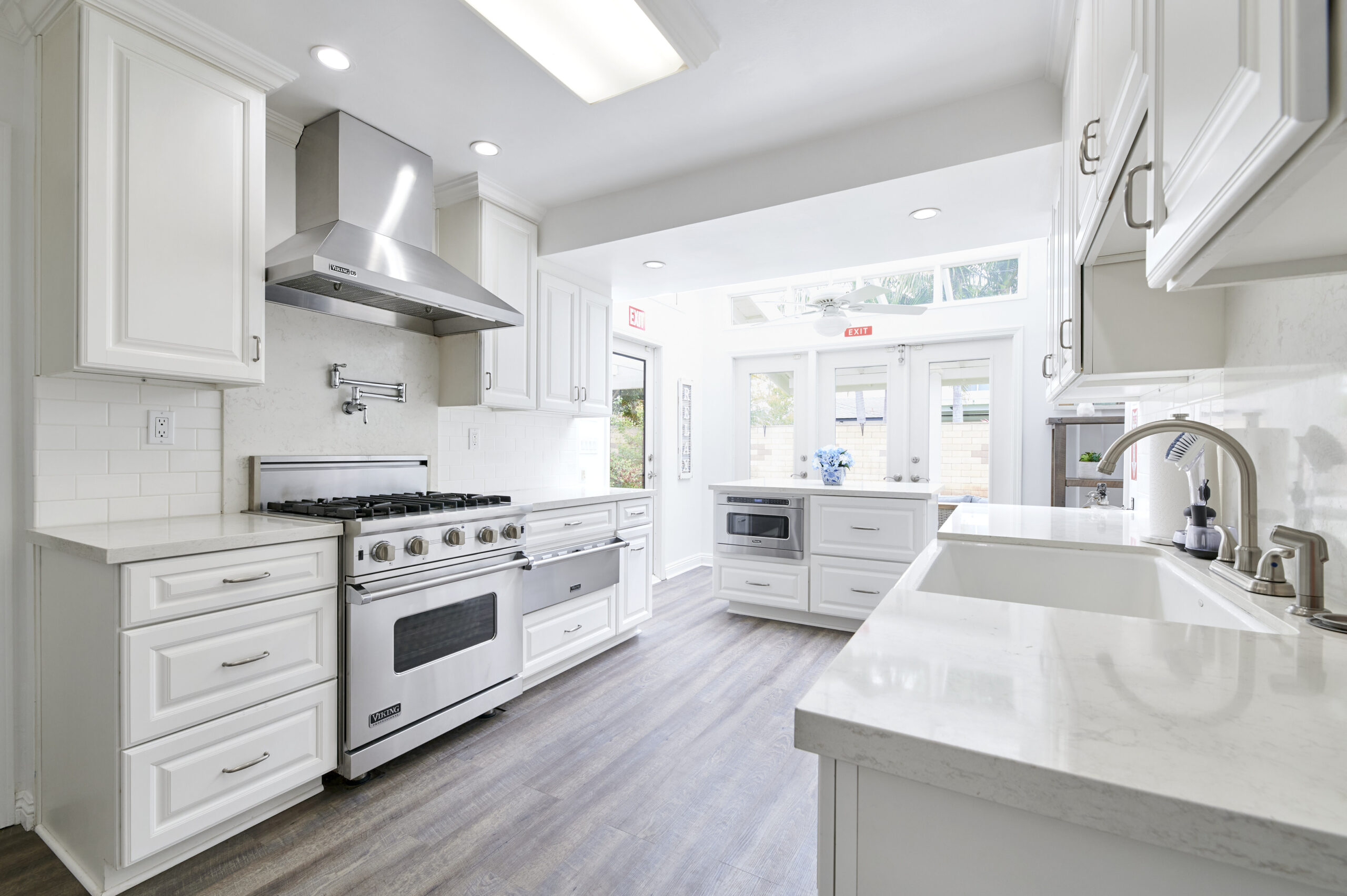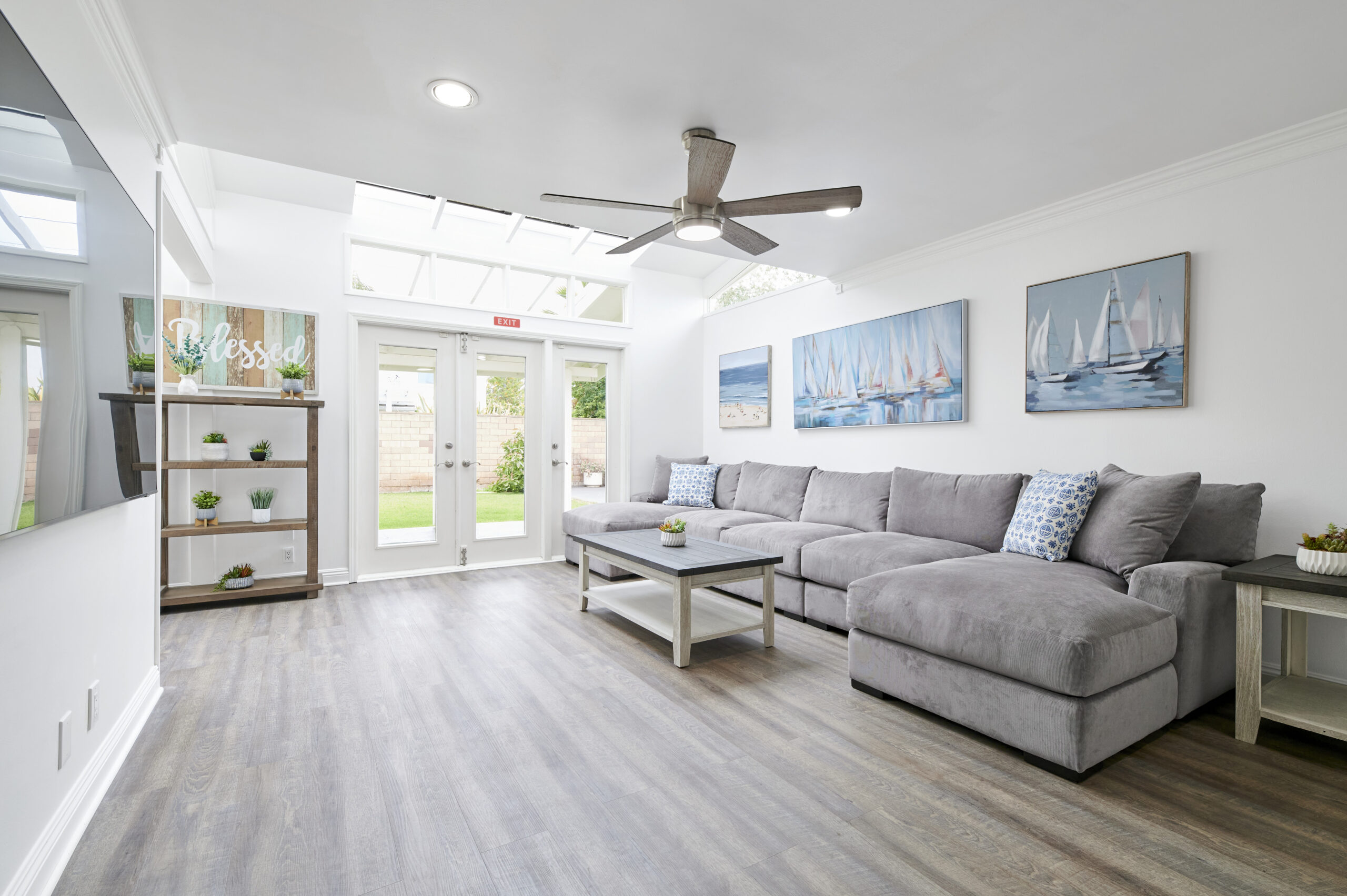How to Use FMLA for Rehab Leave
FMLA (Family and Medical Leave Act) is a federal legislation that grants qualifying employees the chance to take three months of unpaid leave for specific family and medical circumstances, ensuring job protection during periods of medical treatment or qualifying conditions. This information is particularly valuable for individuals contemplating alcohol or drug rehabilitation, as many choose to utilize FMLA for rehab to facilitate their recovery journey.
5 Steps to Get FMLA Leave for Rehab

Here’s how to get FMLA for alcohol rehab or FMLA for drug rehab in five easy steps:
- Check eligibility: First, ensure that both you and your employer meet FMLA requirements.
- Notify your employer: Inform your employer about your intention to go to rehab using FMLA leave.
- Submit required documents: Provide all necessary documents and information needed for the FMLA application. You can find FMLA forms on the Department of Labor’s FMLA website.
- Consult your doctor: Visit your family doctor and obtain a recommendation letter for rehab.
- Clarify with your employer: Ask your employer for any additional forms or requirements they may have, as well as details about your approved leave duration. Also, inquire about the possibility of receiving payment for any accrued PTO (paid time off) or vacation days during your leave.

How Is Rehab Covered Under FMLA?

FMLA substance abuse treatment must meet the following criteria:
- Serious health condition: In order for rehab to be covered under FMLA, it must qualify as a serious health condition. This means that the condition must require inpatient treatment or continuing treatment by a healthcare provider. Rehabilitation programs that involve inpatient care or ongoing medical supervision generally meet this requirement.
- Eligibility: To use FMLA for rehab, you must be an eligible employee. This normally means that you have worked for your employer for at least 12 months and accumulated 1,250 hours of service within the past 12 months. Eligibility requirements can vary, so check with your employer’s HR department or review the policies in place at the company.
- Duration of leave: FMLA allows employees that qualify to take up to three months of unpaid leave in a one-year period, as long as your healthcare provider deems it necessary for your recovery. That said, the specific duration of your leave may be determined by your healthcare provider and your employer.
- Job protection: One of the key benefits of using FMLA for rehab is job protection. Your employer is required to maintain your job or provide you with an equivalent position upon your return from rehab. This ensures that you do not face retaliation or job loss due to seeking treatment.
- Employer policies: Some employers may have additional policies or requirements regarding the use of FMLA for rehab. These policies could include notice periods, documentation, or specific procedures to follow when requesting leave for rehabilitation. Be sure to communicate with your HR department to understand your employer’s specific guidelines.


Will My Employer Know I’m Going to Rehab Under FMLA?

One common concern among those considering using FMLA for rehab is whether their employer will be informed about the specific reason for their leave.
FMLA regulations prioritize the privacy and confidentiality of an employee’s medical information. When you request FMLA leave for rehab or any other covered medical reason, your employer is not entitled to know the exact nature of your medical condition. Instead, they will be informed that your leave qualifies under FMLA for a serious health condition.
While your employer is not informed of the specifics of your condition, they may request medical certification from your healthcare provider to support your request for FMLA leave. This certification verifies that you have a qualifying medical condition and need time off for treatment. The certification does not need to disclose the specific diagnosis or treatment details to your employer.
You have the option to communicate with your employer about your absence to the extent you are comfortable. You can provide a general statement, such as “I need to take FMLA leave for a serious health condition,” without disclosing the specific nature of your treatment. This level of communication respects your privacy while keeping your employer informed of your absence.
HR departments usually manage FMLA requests and handle the necessary paperwork. HR professionals are trained to handle medical information confidentially and should not share it with your direct supervisor or colleagues.
Keep in mind that FMLA is mainly focused on job protection. While your employer will be aware of your FMLA-qualifying leave, their main responsibility is to ensure your job is protected during your absence and that you are not subjected to any adverse employment actions due to your need for medical treatment.
Get Premier Rehab for Addiction at Gratitude Lodge
Gratitude Lodge in Southern California is here to help you tackle addictions and mental health issues. We have pet-friendly rehab centers in Newport Beach and Long Beach that focus on healing your whole body.
Our supervised medical detox program is a safe and effective way to start detoxing and continue on the path to recovery. Once you’re free of addictive substances, you can move into a 30-day program where you stay with us for the duration of treatment.
Our treatment programs include a variety of approaches, such as:
- MAT (medication-assisted treatment)
- Psychotherapies
- Group therapy
- One-on-one counseling
- Family therapy
- Holistic therapies
- Ongoing support after treatment
To start your journey from addiction to recovery, call admissions at 800-994-2184.
Take a Look Around
At Gratitude Lodge, we offer inpatient rehab and intensive outpatient programs for all types of addictions, mental health conditions, and co-occurring disorders. We have locations in Newport Beach and Long Beach in Southern California.





Frequently
Asked Questions
Yes, your employer’s human resources department or an HR representative can assist you in filing for FMLA leave, including the necessary paperwork and guidance through the process.
Yes, FMLA can cover rehabilitation for substance abuse or addiction treatment as long as it meets the eligibility criteria, including being a serious health condition as defined by FMLA regulations.
FMLA typically requires you to have worked for your employer for at least 12 months and accumulated 1,250 hours of service within the past 12 months to be eligible. Once eligible, you can apply for FMLA leave, which usually starts after your employer approves your request, following their internal process and any waiting periods they may have in place.
FMLA itself does not provide monetary compensation. It offers job protection and unpaid leave for eligible employees. That said, you may use paid leave (such as accrued vacation or sick days) or apply for short-term disability benefits if your employer offers such benefits to cover your income during your rehab leave. The amount you receive will depend on your employer’s policies and state regulations.
Yes, you can use FMLA for addiction treatment in all U.S. states, as it is a federal law that provides eligible employees with up to three months of unpaid leave for certain medical conditions, including rehabilitation for substance use disorders.
Yes, FMLA covers alcohol rehab if the condition qualifies as a serious condition that makes the employee unable to perform their job functions, allowing for up to 12 weeks of unpaid leave.
Yes, drug rehab qualifies for FMLA as long as it is deemed a serious health condition and the employee meets the eligibility requirements, allowing them to take up to three months of unpaid leave for addiction treatment.











